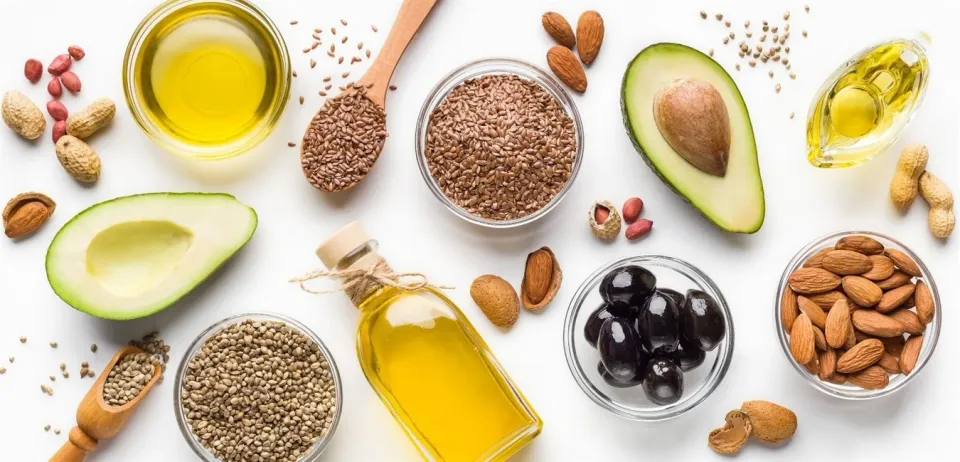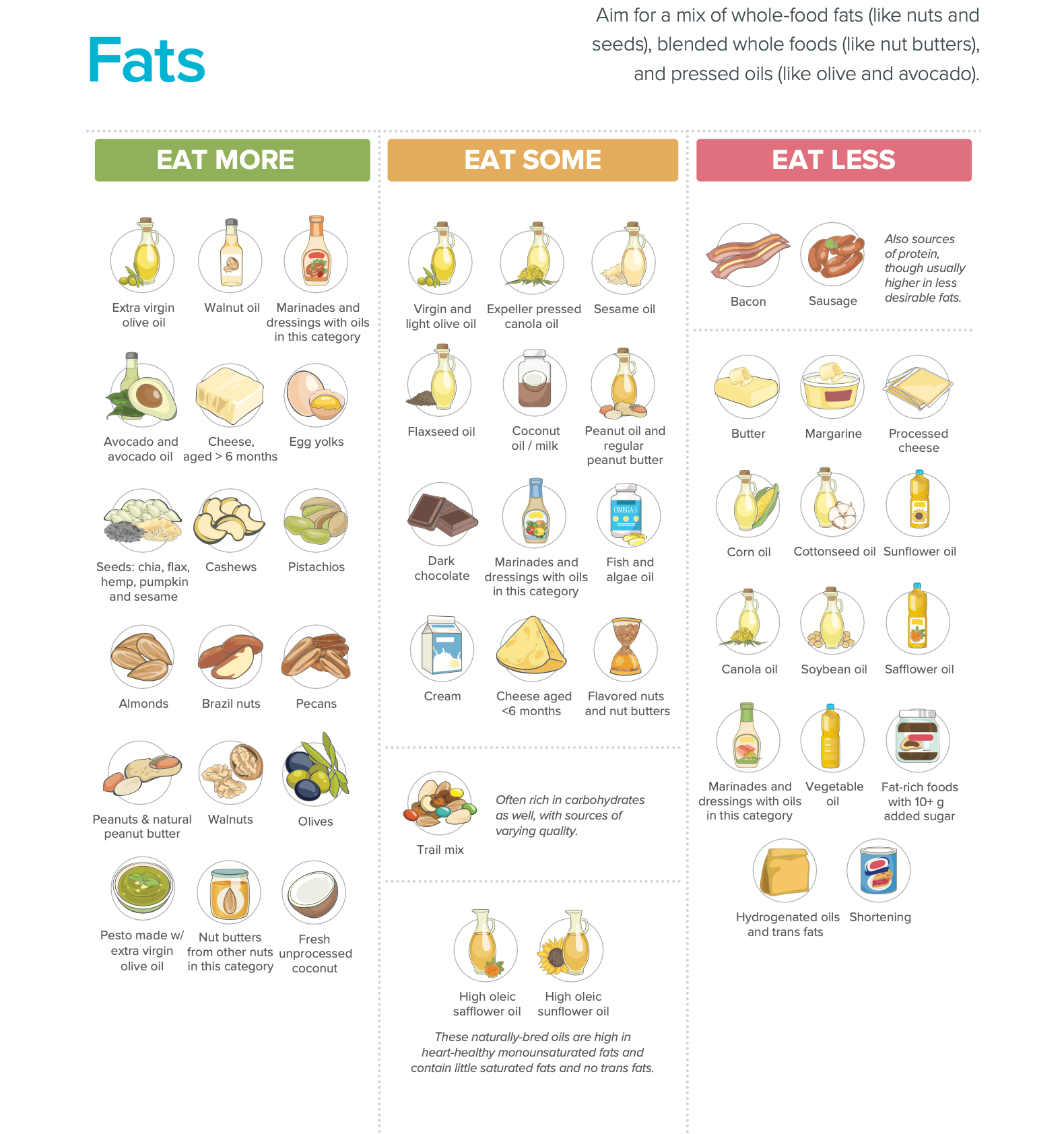The Power of Healthy Fats: Fueling Your Body for Optimal Health

For years, people believed that all dietary fats were bad for their health. However, science has shed light on the importance of healthy fats and their numerous benefits.
In this article, we will explore why healthy fats are necessary for a strong, fit, and healthy body. We will also discuss the different types of fats, their functions, and how to strike a balance between them for optimal health.
Understanding Healthy Fats: Healthy fats are naturally occurring fats found in foods like olives, nuts, and seeds. They are relatively minimally processed, either in their whole-food form or through simple pressing or grinding. Unlike unhealthy fats, healthy fats provide essential benefits for our bodies.

The Benefits of Healthy Fats:
- Faster Recovery: Healthy fats aid in the recovery process, helping your body bounce back after physical activity or intense workouts.
- Nourishing Fatty Tissues: Fats play a vital role in nourishing fatty tissues, such as the brain, eyes, and cell membranes, keeping them healthy and functioning optimally.
- Absorption of Fat-Soluble Vitamins: Healthy fats help absorb fat-soluble vitamins, such as Vitamins A, D, and K, which are crucial for various bodily functions.
- Hormonal Balance: Certain fats support the production of muscle-building and reproductive hormones, keeping your hormones balanced and promoting overall well-being.
- Enhanced Taste and Satisfaction: Healthy fats make food taste delicious and can contribute to a sense of satisfaction and enjoyment in your meals.
Unhealthy Fats to Avoid:
Unhealthy fats are typically artificially created through industrial processes and should be consumed in moderation, if at all. Two examples of unhealthy fats are trans fats and certain processed vegetable and seed oils.
- Trans Fats: Trans fats are created through an industrial process that involves hydrogenating vegetable or seed oils. These fats are found in products like margarine, fried foods, and processed baked goods. Trans fats can increase the risk of chronic inflammation, heart disease, and cancer. It's important to minimize their consumption.
- Industrial Vegetable and Seed Oils: Certain vegetable and seed oils undergo extensive refining and chemical processing, depleting them of nutrients and potentially introducing trans fats. These oils are commonly found in commercially-made salad dressings, mayonnaise, and butter substitutes. Corn, cottonseed, safflower, soybean, and sunflower oils are examples of such industrial oils.
Striking a Balance:
While healthy fats are important, it's also crucial to maintain a balance between different types of fats. Aim for a balanced mix of saturated, monounsaturated, and polyunsaturated fats. This 1-1-1 ratio can help maintain balanced inflammation levels and support healthy cellular communication in the body.
Working with Yourself:
When incorporating healthy fats into your diet, it's important to consider your individual lifestyle and make small, consistent changes. Experiment with different foods and find what works best for you. Remember that this is an ongoing journey, and it's okay to adapt and refine your approach as you learn more about your body's needs.
Healthy fats are an essential component of a well-rounded diet. By incorporating the right types and quantities of healthy fats, you can fuel your body, support optimal brain function, maintain hormonal balance, and promote overall well-being.
Avoiding unhealthy fats, such as trans fats and processed oils, is equally important for long-term health. Strive for a balanced approach to fats and make small, sustainable changes that work for you. Embrace the power of healthy fats and enjoy the benefits they bring to your health and taste buds.